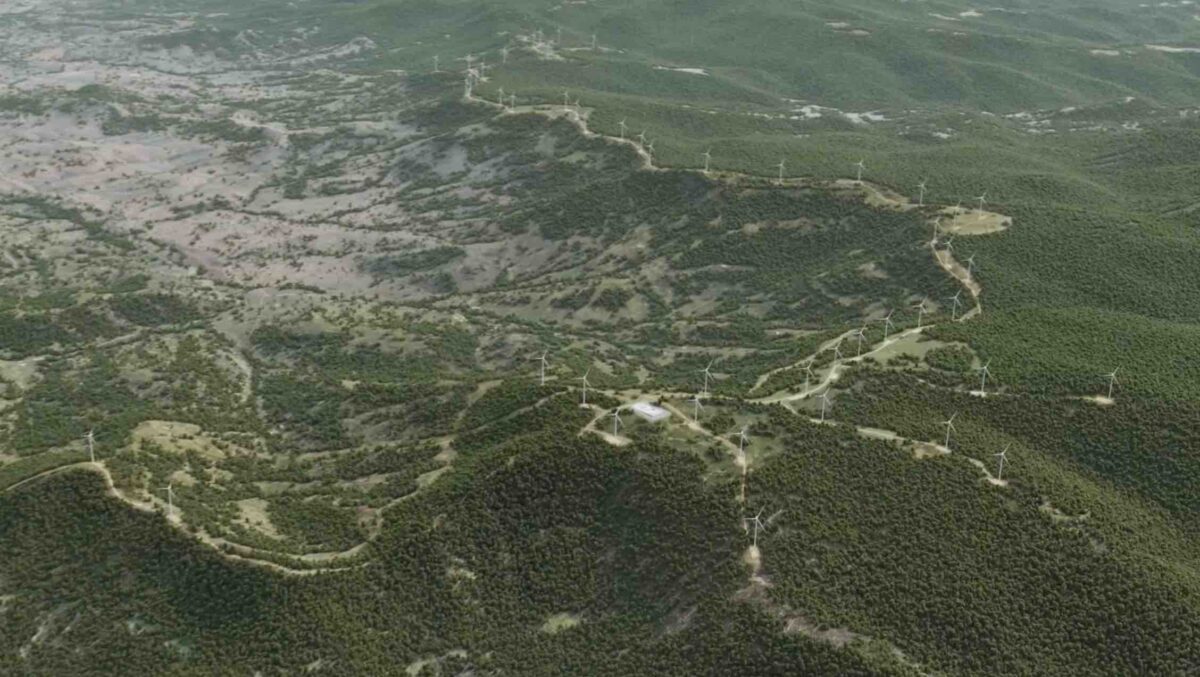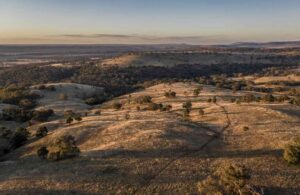Key Takeaways
- A lawsuit has been filed to stop the Hills of Gold wind farm by challenging the council's ability to approve necessary road upgrades.
- The Tamworth council has joined the lawsuit against the wind farm after exhausting other options to halt the project.
- The Hills of Gold project has faced significant opposition, with over 200 objections to its designs, which were ultimately reduced to 62 turbines.
A lawsuit trying to stop the contested Hills of Gold wind project in the New England region of NSW is taking a novel attack route by claiming the council can’t legally approve the required road upgrades.
The Tamworth council was allowed to join the lawsuit in the Land and Environment Court of New South Wales (NSW) against the already state-approved wind farm this week, after losing every other avenue to stop the project from happening.
Engie’s much reduced Hills of Gold project, proposed for near Nundle in the New England region of NSW, was approved in September in what was seen as a landmark ruling for the industry.
The project has been a lightning rod for opposition, with more than 200 objections to its original 97-turbine design and a similar number against the state planning officials’ approved 47 turbines and 290MW.
It was only the Independent Planning Commission’s intervention that set the final cap at 62 turbines, totaling 372 megawatts (MW) and with a 100MW battery.
The project received federal environmental approval in March – despite the council begging environment minister Tanya Plibersek to intervene – and is also facing down the court case, which was started by the Hills of Gold Preservation Society.
The Tamworth Regional Council has already lodged six different objections to the wind farm.
Road jurisdiction at heart of suit
The council voted in November to join the suit, with objections ranging from concerns about access roads, land degradation, a lack of social licence, and failures to close deals with landowners who will be affected by the project.
But its application to join the lawsuit focused on road jurisdiction.
The council says it can’t give planning consent to road upgrades that might encroach on private land, if the landowners haven’t first given their consent, and it doesn’t have enough information yet about public road works.
The council also claims there hasn’t been “substantial” compliance with the secretary’s environmental assessment requirements (SEARs), one of the initial documents that need to be lodged in a planning application.
It claims Engie is able to comply enough with the SEARS because its environmental impact statement doesn’t contain enough detail around road works – and as a result the council doesn’t have the jurisdiction to give consent.
Senior deputy registrar Donette Holm found that these issues couldn’t be properly dealt with by the court unless the council was part of the claim.
It claimed it would have joined the suit when it was lodged but the council was in caretaker mode ahead of elections.








